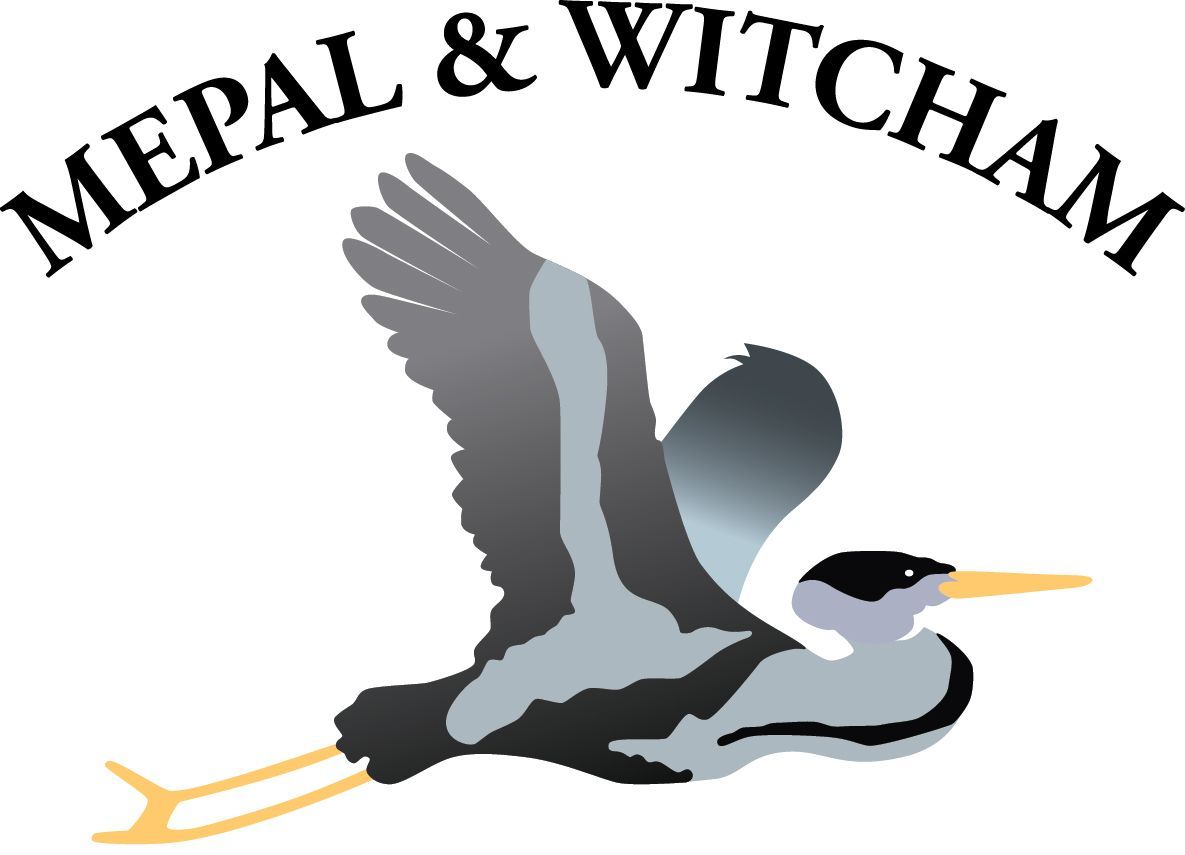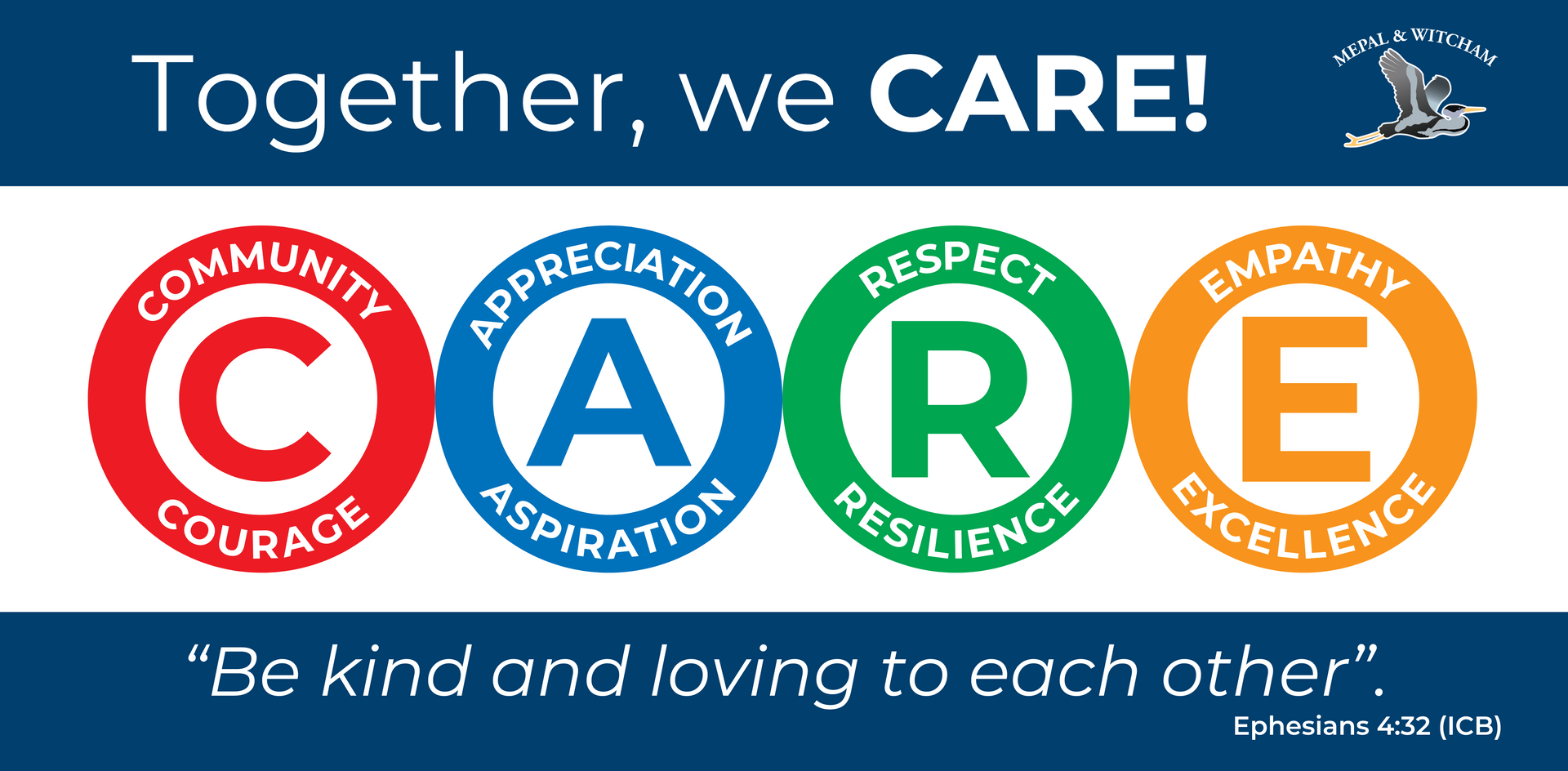
R.E.
At Mepal & Witcham C of E Primary School, we follow the DEMAT's Religious Education (RE) which is guided by three core types of knowledge: substantive, disciplinary, and personal. The aim is to create a balanced curriculum that goes beyond simply imparting religious facts, encouraging students to engage deeply with beliefs, worldviews, and their own perspectives.
Substantive Knowledge: Content Mastery
Substantive knowledge forms the foundation of what students are expected to know—factual information about religious beliefs, practices, and traditions. We want our children to know that various members of the community can practise their faiths differently whilst still being rooted in the core principles. The 4 key concepts are:
- Identity and belonging
- Meaning and Purpose
- Power and Authority
- Values and Morality
Disciplinary Knowledge: Engaging with Content Critically
The shift towards disciplinary knowledge emphasises the development of skills and methodologies that reflect how experts engage with religious content. This includes thinking like theologians, philosophers, and human/social scientists (lived experiences), using questions and tools that help students analyse religious texts, practices, and worldviews critically. For example:
- Theology asks, "What do people believe?" with students using textual analysis to interpret religious stories.
- Lived Experiences explore "How do people live?" considering how context shapes religious practice.
- Philosophy prompts students to think critically: "How do people reason about the world?" fostering skills in argumentation and ethical reflection.
This approach is akin to historical studies, where understanding events and figures requires students to engage with the processes of inquiry - examining causes, consequences, and perspectives. Substantive knowledge serves as a vehicle for deepening disciplinary knowledge, ensuring that students are not merely absorbing information but learning how to approach it thoughtfully and analytically.
Personal Knowledge: Articulating One's Own Worldview
Personal knowledge focuses on helping students reflect on and articulate their own beliefs and values. This goes beyond simple expressions of "what" students believe, encouraging them to critically analyse the "why" behind their beliefs and values. Key reflective questions include:
- Why do I believe what I believe?
- How does my context shape my worldview?
This reflective practice is designed to help students understand how worldviews - religious or non-religious - are influenced by personal and social contexts, and to see religion and belief systems as deeply connected to human experience.
Curriculum Structure: A Balanced Approach
The new curriculum aims for a balance between these three knowledge types.
The curriculum is designed to gradually introduce children to the disciplinary lenses of philosophy, theology, lived experiences. Through this, children will develop the necessary tools and skills to explore these perspectives in a systematic manner. For example, theology might begin with understanding the text, while social sciences encourage the use of maps, interviews, and surveys to understand religious practices in context. Over time, students will see the interconnectedness of these lenses, preparing them for more advanced interdisciplinary studies in secondary school.
A key innovation in this curriculum is its framing around "worldviews" rather than solely religious belief. Children are encouraged to see the study of religion as relevant to their own lives, regardless of whether they identify as religious. This fosters inclusivity, showing that everyone holds a worldview shaped by personal, cultural, and societal factors. While the majority of learning is rooted in Christian worldviews, reflecting the UK’s religious heritage, the broader focus on worldviews allows for engagement with a wide range of perspectives.
Should you wish to withdraw your child from any or all of teaching and learning of R.E., please speak with the school in the first instance.
Planning cycles
Year A: Year 2023/2024
Year B: Year 2024/2025
Year A: Year 2025/2026
New Title



